Cold War
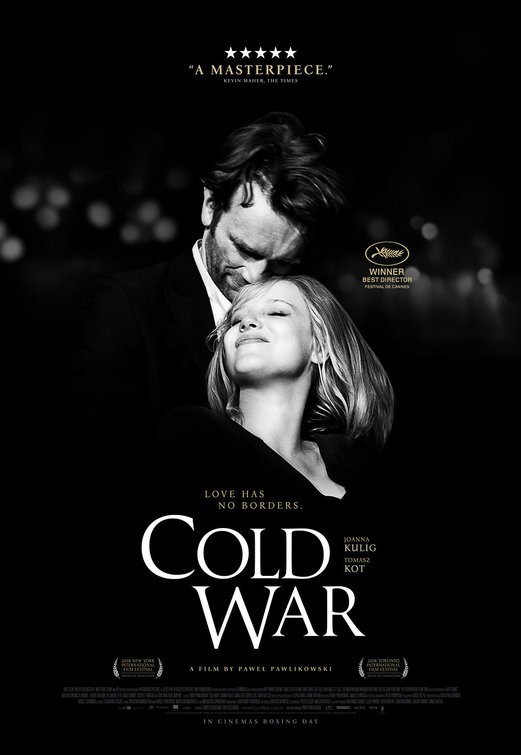
Cold War is a clever title. Yes, it clearly refers to a time period. Pawel Pawlikowski’s love story begins in Poland in the aftermath of World War II. However, it could also refer to the chilly relationship at its center. Zula (Joanna Kulig) and Wiktor (Tomasz Kot) are musicians. They meet in 1949. Musical director […]
Destroyer
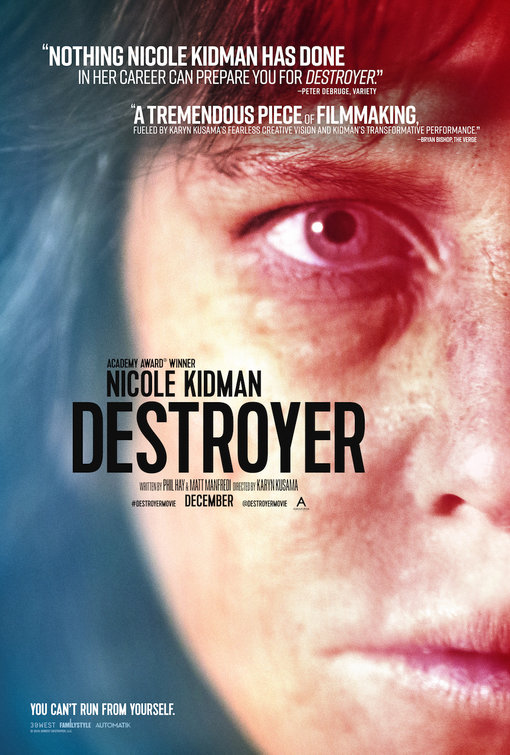
I respect Nicole Kidman as an accomplished thespian. I really do. As such, I hold the actress in high regard. Destroyer is a film highlighted by the transformation of its star. The tall, willowy blonde ditches her signature long tresses for a wispy dirty brown bob with bangs. Not only does her hair look filthy […]
If Beale Street Could Talk
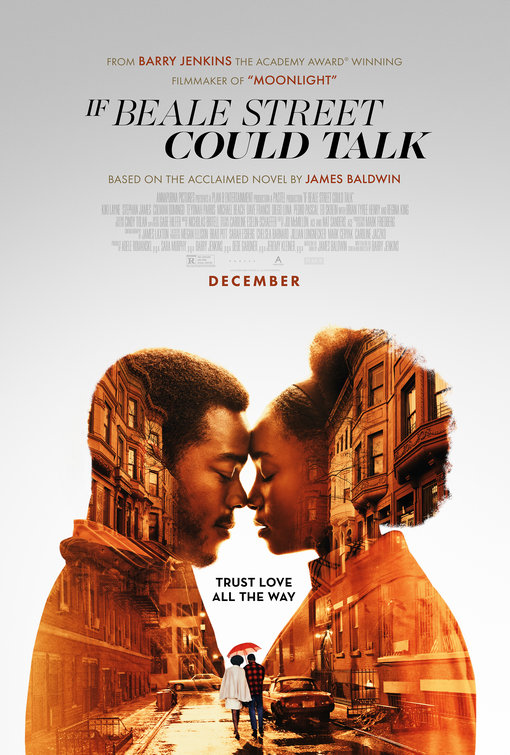
Writer James Baldwin’s 1974 novel is lovingly adapted into a beautifully filmed love story about a Harlem couple in the 1970s. The last feature director Barry Jenkins made won the Oscar for Best Picture so expectations are understandably high. If Beale Street Could Talk is about Tish Rivers (KiKi Layne), newly engaged to her boyfriend Alonzo […]
Vice
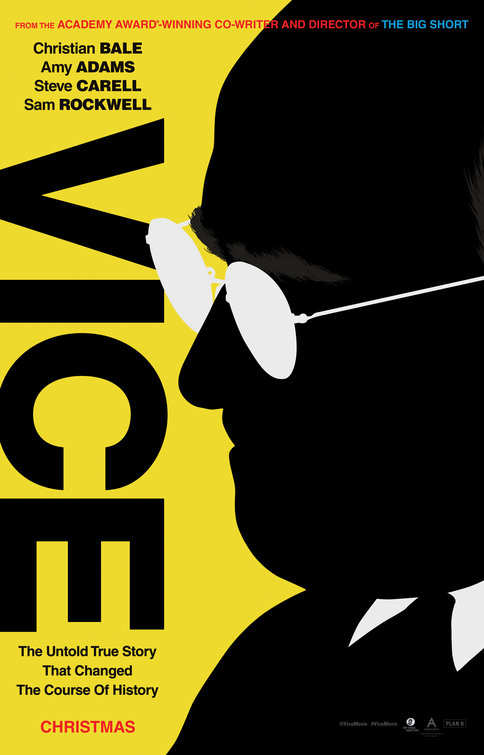
I love a good transformation and there’s no other actor working today that can physically alter himself like Christian Bale. American Psycho, The Machinist, Batman Begins, The Fighter, and American Hustle are among the most dramatic. He looks like an entirely different person in each. Vice just may be Christian Bale’s most incredible because of […]
Game Night
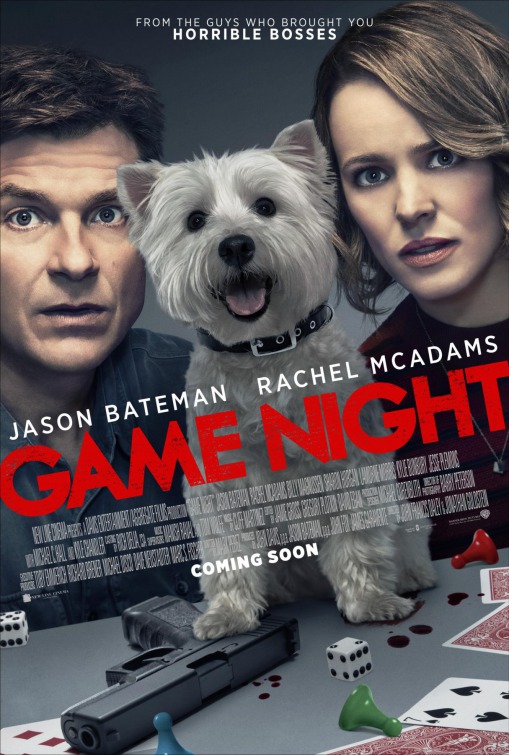
Pssst….I’m going to let you in on a little secret that few people realized in 2018. Game Night was one of the funniest (and best) movies of the year. It’s hard for broad farce to be taken seriously. I mean its raison d’être is to make you laugh by being silly. But this production is so […]
Blindspotting
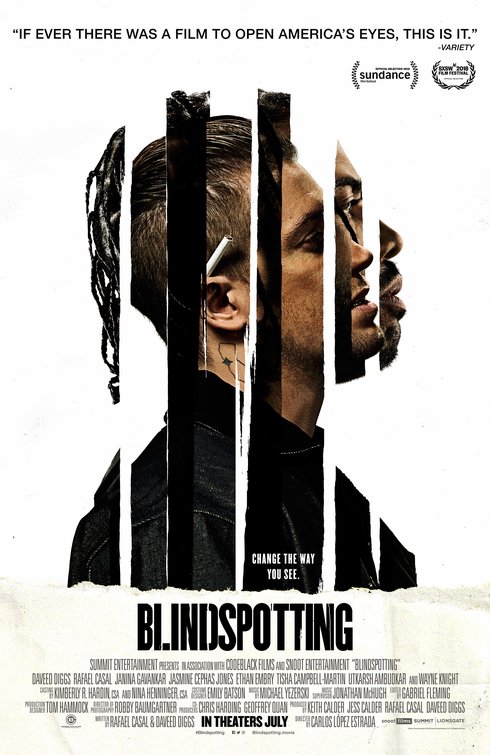
Blindspotting is a carefully crafted meditation on moral concerns, that is, what it means to be human and exist in this world. On the surface it’s a consideration on the gentrification of the Bay Area — a condemnation on the way housing costs have skyrocketed. The reason for this has a lot to do with […]
Mary Poppins Returns
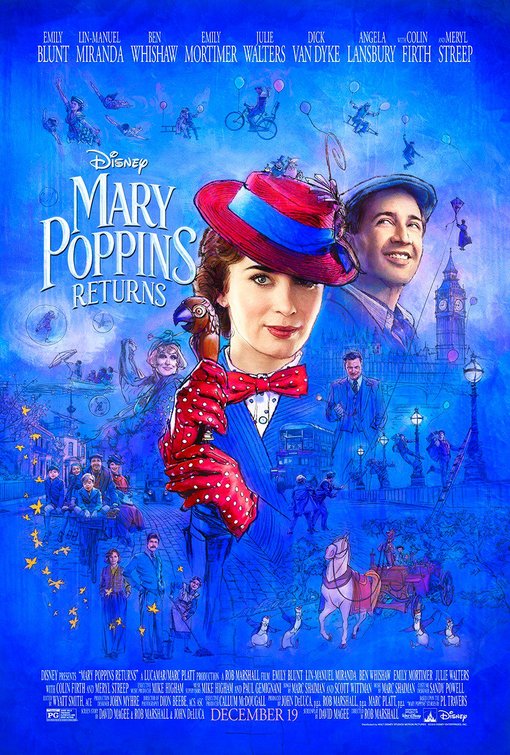
Mary Poppins Returns answers the question: Is it still possible for a movie of today to promote sweetness and joy with unadulterated sincerity? The response is a resounding yes. This is an enterprise without guile or sarcasm. It simply exists as a bit of wholesome entertainment, exactly as the 1964 version did. 54 years may […]
Aquaman
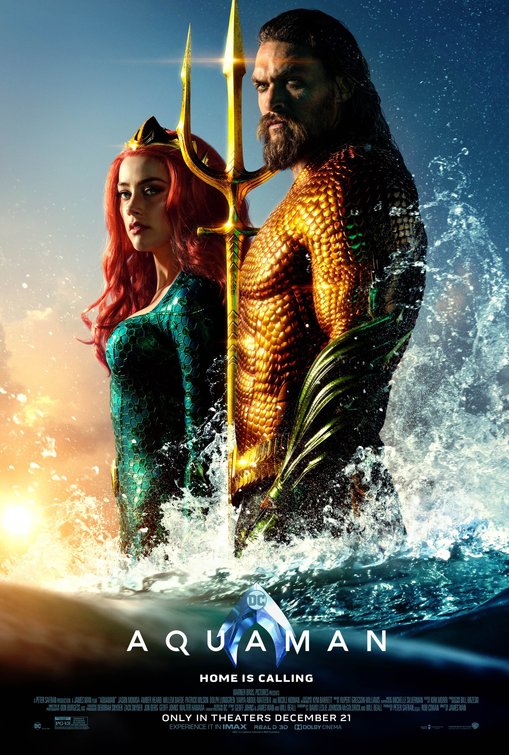
Well, it finally happened. Aquaman got his own film. What was once a running gag on the HBO program Entourage (i.e. “James Cameron’s Aquaman”) has become reality at the cineplex. Life imitates art. Alright, so James Wan of Furious 7 fame is the director in this case, but it became a huge hit just like […]
Burning

Director Chang-dong Lee’s work over the past two decades has defined the Korean New Wave. Burning, his first production in eight years is no different. The sheer number of Top Ten lists on which this South Korean drama has appeared, practically compels every critic to see the picture in 2018. It was nominated for the […]
The Favourite
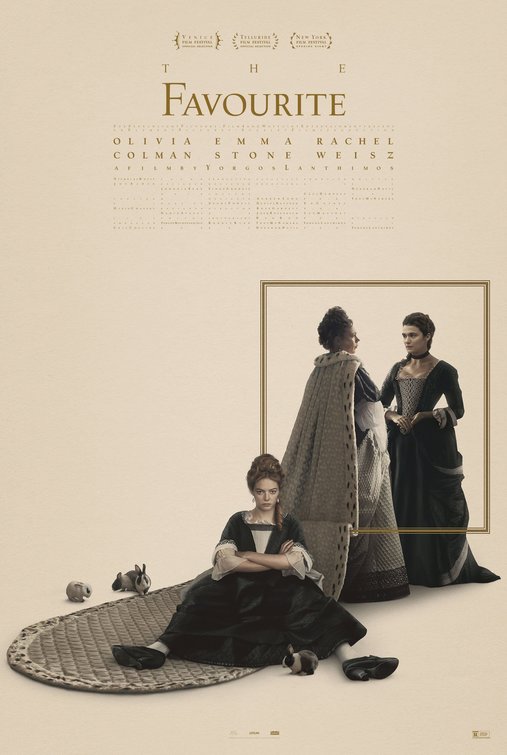
Way back on January 21, 1989, one of the highlights on Saturday Night Live’s 14th season occurred during the 10th episode. John Malkovich was the host plugging his work in Dangerous Liaisons, an obvious forebear of this film. One of the skits in which he starred, was a bit I affectionately remember as “Mocking Lord […]
